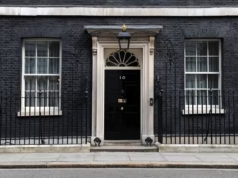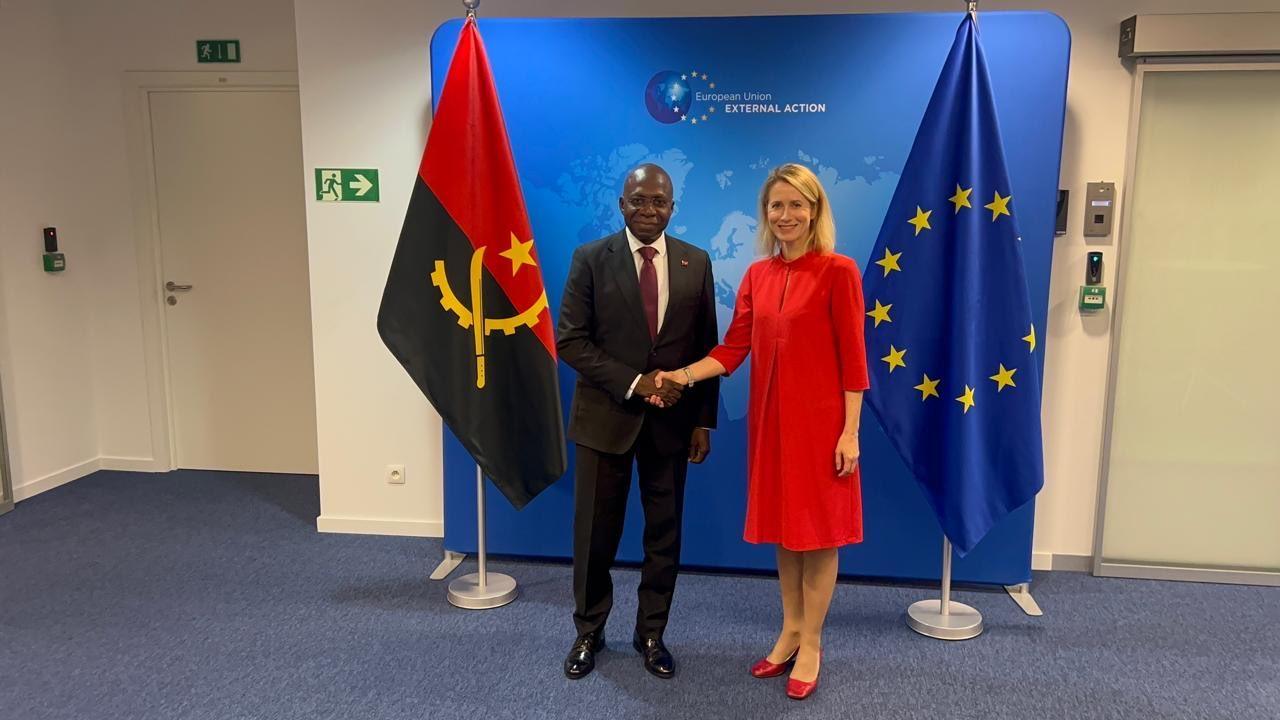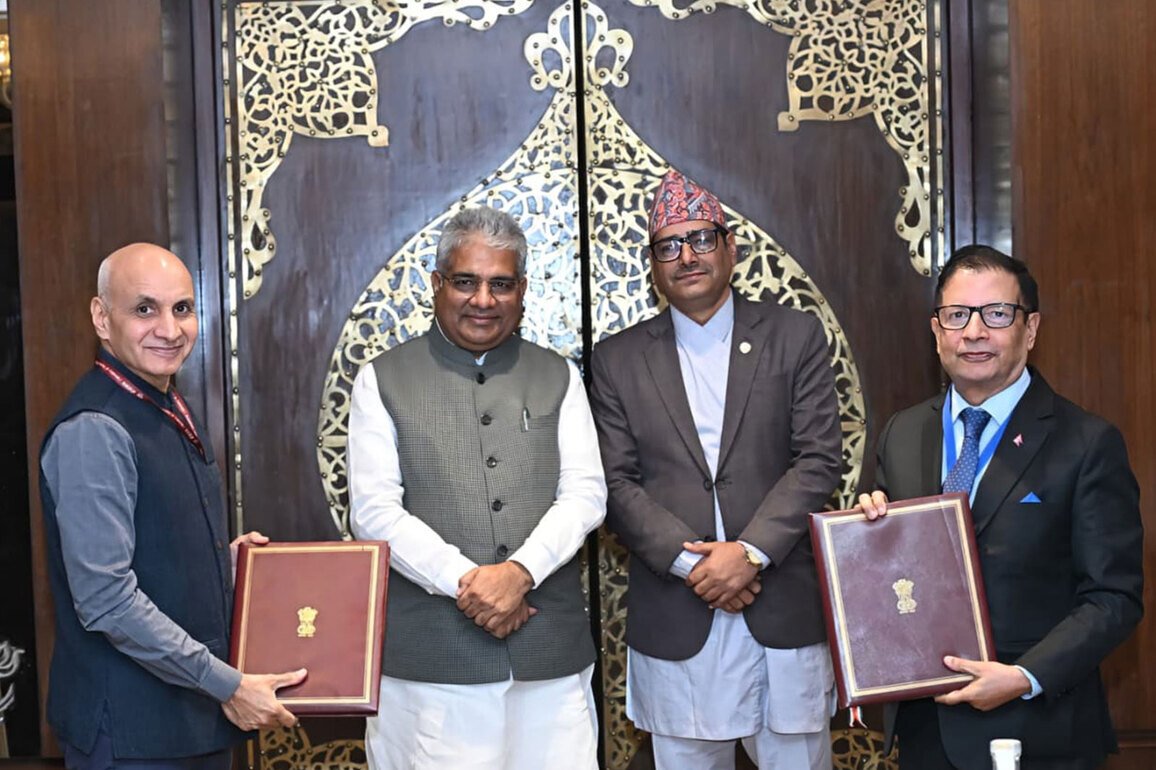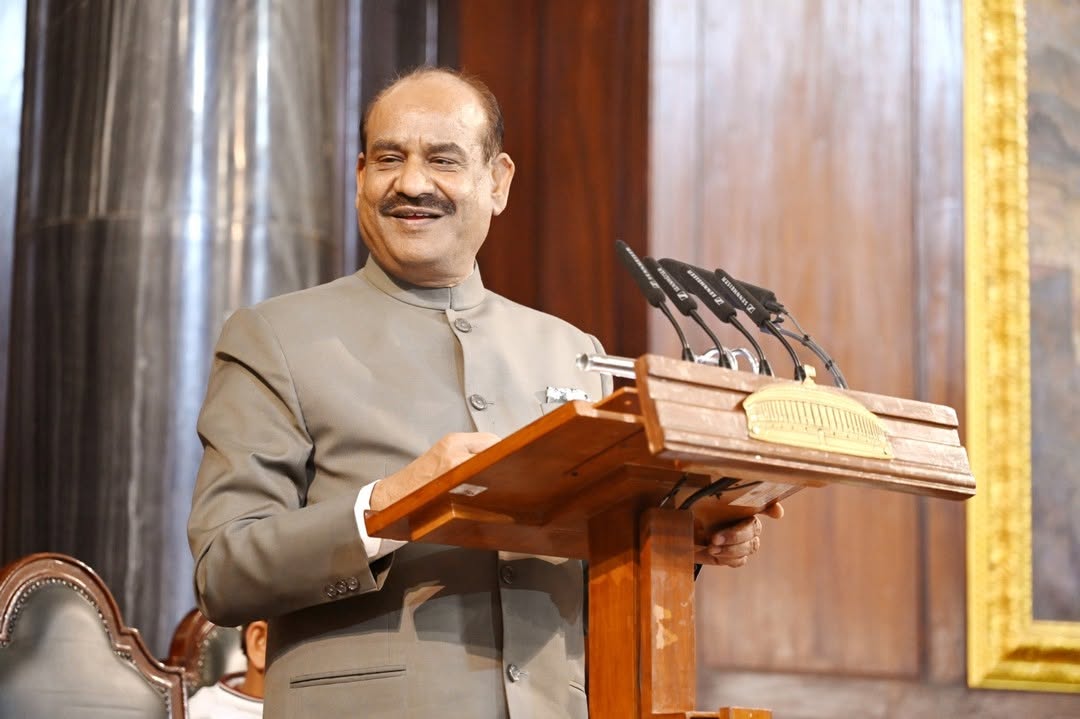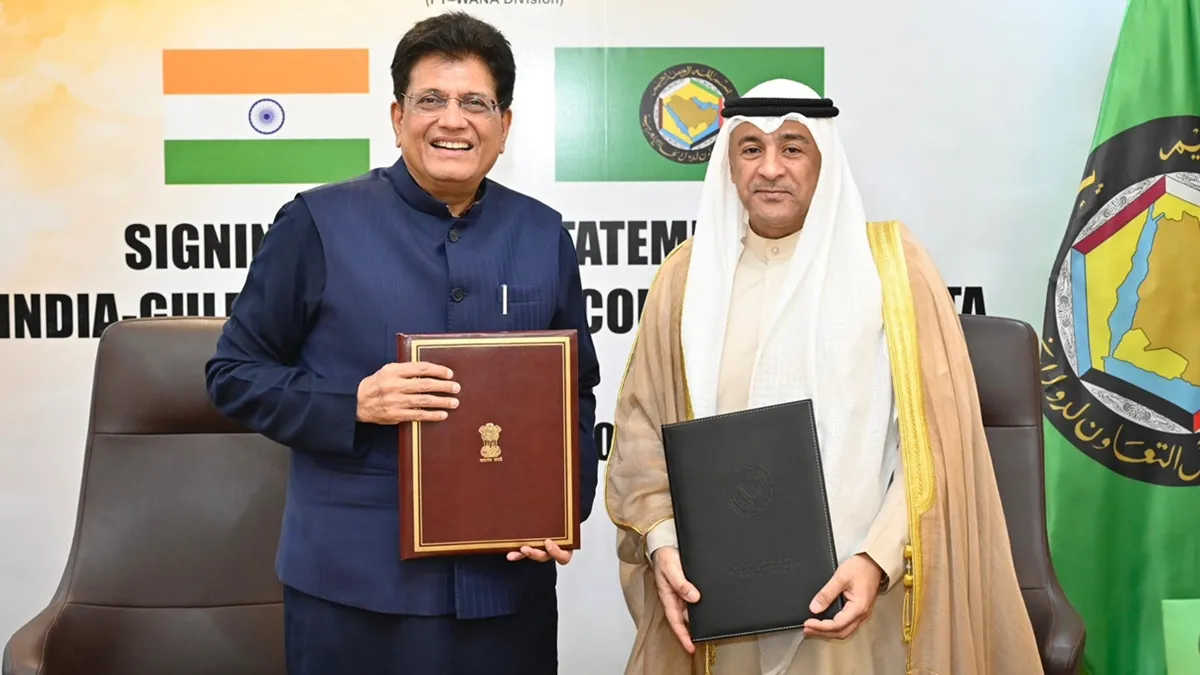The United Kingdom (UK) Prime Minister Keir Starmer and German Chancellor Friedrich Merz signed a landmark Treaty on Friendship and Bilateral Cooperation on July 17,2025 in London. This treaty marks the first major bilateral agreement between the two nations since the Second World War, establishing cooperation across defence, migration, trade, energy, science, and cultural exchange through 17 specific joint projects that officials describe as a cornerstone for Anglo-German relations.
Defence and Security
Central to the treaty are defence provisions, constituting a mutual assistance commitment that pledges both nations to provide aid in the event of an armed attack. These provisions are built on the Trinity House Agreement of 2024 on Defence Cooperation. The UK and Germany commit to developing a deeper defence partnership that will endure in the long term and enable both countries to address threats and strengthen NATO’s European arm.
The treaty establishes ambitious military cooperation, including the joint development of a new Deep Precision Strike capability to provide a conventional deterrent in Europe, jointly leading the over 2,000-kilometre cluster within the European Long Range Strike Approach (ELSA), with delivery targeted within a decade. German submarine-hunting aircraft will operate from British bases, with the training of German crews on UK P-8A Maritime Patrol Aircraft and joint procurement of new Sting Ray torpedoes.
The comprehensive military partnership extends to uncrewed aerial systems, land strategic partnerships including BOXER cooperation and RCH 155 artillery, and strengthening Eastern European defences. Both sides will work together to promote defence exports and champion greater cooperation between defence industries, including joint export campaigns for fighter jets and other military hardware.
Migration Control and Border Security
Beyond traditional defence cooperation, the treaty addresses modern security challenges through enhanced migration and border control measures. Germany is introducing a clarification in its legislation concerning the facilitation of irregular migration to the UK (to be presented to Cabinet with a view to being adopted by Parliament as soon as possible, within 2025). This represents the first time Germany has agreed to criminalise the facilitation of migrant smuggling specifically to another country.
The comprehensive Joint Action Plan on Migration includes increased cooperation against migrant smuggling, strengthening law enforcement and judicial cooperation, stepping up efforts on returns, providing regional leadership, and deterring irregular migration to Germany and the UK.
Economic and Trade Cooperation
The treaty establishes extensive economic partnerships, including a Business-Government Forum to bring together key stakeholders from Germany and the UK to promote cooperation between German and UK companies and to identify areas of high growth potential. The agreement includes collaboration between public financial institutions, deepening links between the British Business Bank, National Wealth Fund, British International Investment, and Germany’s KfW to help mobilise private capital.
Education, Culture and People-to-People Exchange
The treaty significantly enhances educational and cultural cooperation. Key initiatives include delivering visa-free school group travel between the UK and Germany, increasing opportunities for linguistic, cultural, and academic experiences, with rollout by the end of 2025. The agreement establishes expanded school exchange programmes focusing on lower socio-economic groups and creates new initiatives, including the first UK-German Creative Industries Prize.
Other Important Areas
A major component addresses energy security through the North Sea Energy Infrastructure Project.
To remove barriers between two nations, the decision to establish direct rail services between London and Germany within the next ten years was discussed in the treaty. Additionally, certain UK air passengers will be able to use German passport e-gates by the end of August, followed by a rollout for all UK nationals as soon as technically possible.
The Strategic Science and Technology Partnership will together develop cutting-edge critical technologies – such as quantum, AI and digital, semiconductors, space capabilities, advanced connectivity, fusion, and sustainable energy solutions including battery technologies.
Recognising emerging threats, the treaty includes biosecurity cooperation to strengthen capability to protect both nations from biological threats, including exchanging information on national biosecurity strategies, bolstering critical infrastructure in healthcare, and preparing for new and re-emerging, highly pathogenic pathogens.
The 17 priority projects will be reviewed by a Joint Cabinet every two years, ensuring ongoing momentum and adaptation.




